One of the things that makes a city life easy is that you can establish daily routines that make each day similar to the previous one. Once you’ve established a routine for your week, there are few decisions you need to make on a day to day basis, and the few that remain are often easy ones to make (Should I go the gym today? Do I want whip on my latte?). Thanks to the comforts of life in the city, our basic needs (shelter, food, electricity, water, sanitation) also require no effort on a day to day basis. If you want to coast through a day without really thinking, or even call in sick and skip the day entirely, its not really a problem. If one was so inclined (luckily most people we know definitely are not), a person truly addicted to routine could easily design a life where almost no thought, ever, is needed for survival in a modern city.
Life on a circumnavigating sailboat barely resembles the city life in any way, but the biggest difference is the absence of any routine and the huge increase in the number of new decisions that need to be made all the time, often on a 24 hour schedule. And not just regular decisions (should I buy gas today?), but complicated ones requiring multi factor analysis and weighing of competing benefits and costs.
So as we prepare to pull the anchor and leave Tonga after nine incredible days in this paradise, we have decisions to make. Our windlass (the electric motor that pulls the anchor up) gave up this morning rendering the anchor effectively useless until we get a fix somehow – where and how this comes from in the middle of the South Pacific presents a logistical challenge. The weather forecast shows variable conditions for the next week, including an unusual northwesterly wind for some days, making our route planning to Fiji and departure timing a challenge. Cyclone season is approaching and our need to make 2000 miles of westerly progress towards Australia by December 1 creates a daily pressure to keep the ship moving – delays today could lead to more serious consequences later.
But the biggest decision that’s now on our radar (our mental radar, not the Furuno) involves the next big leg of our journey starting early next year when we depart Australia. In an ideal world, we’d go through South East Asia, across the North Indian Ocean, into the Red Sea, through the Suez Canal and finish our circumnavigation in Turkey in the eastern Med, where we began. The alternative (sailing around Africa) is long, expensive, tiring, and leaves the boat in a less desirable location at the end (Florida), so the Red Sea route is a significant prize. The problem, as every sailor already knows, is pirates…the Somali type. Following several years of steady attacks on sailing yachts in the Gulf of Aden area (north and east of Somalia), 2012 was a year with no pirate attacks. Thats not because the pirates gave up, its because not a single private sailing yacht attempted the passage. Military patrols have increased, possibly making the passage safer now, but statistics are slim, the situation is fluid, and nobody wants to be the first to test it out. So we are exploring all options for getting back to the Med, including trucking the boat across the Middle East for delivery in Israel, and shipping the boat from Sri Lanka through the piracy zone on an armored carrier (both of which look prohibitively expensive based on our research so far). Another option is to engage a private security contractor, where ex-military soldiers join us for the 1000 mile danger zone, a discussion we’ve just now begun with one company specializing in the field. And although that option also may be too expensive for us to consider alone, we are pondering the idea of assembling a convoy of other sailors looking to do the same passage in 2015 so that security resources and costs can be shared among the group. For now we are in the research stage and asking for advice from a host of experts, but we’re still hopeful a Suez Canal transit will be possible.
So here we are battling the same issues that have burdened mariners since time immemorial – broken parts, cyclones, continents sitting in our way, and, of course, pirates. And in the process we find ourselves, almost daily, gaining expertise in a wide range of fields that will become utterly useless when (if?) our seafaring days come to an end. And that’s exactly what brings the twin-edged sword called “routine” back to the surface – will we ever want it back, or have we become addicted to something very different?
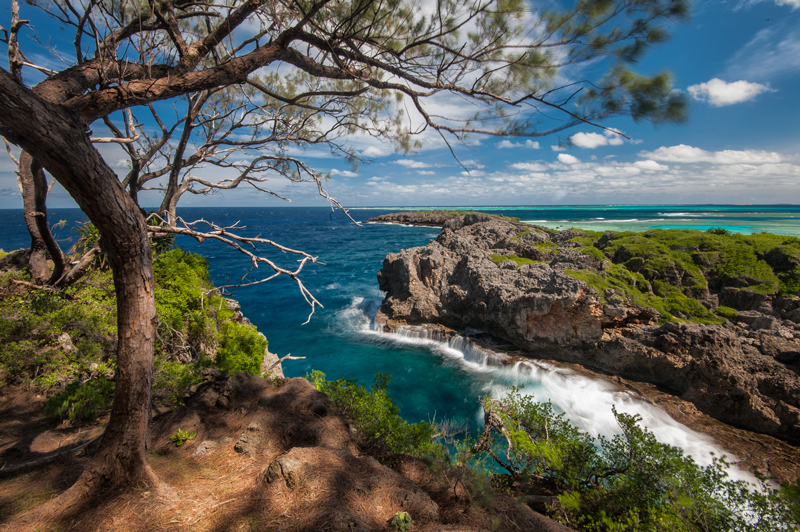
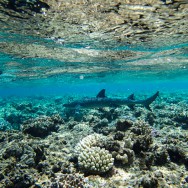
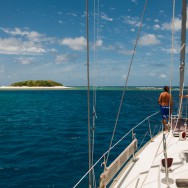
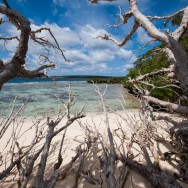
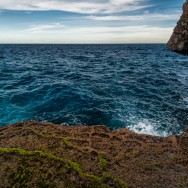
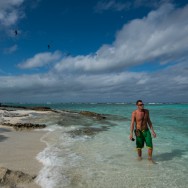

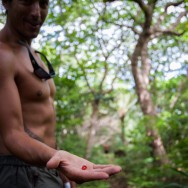
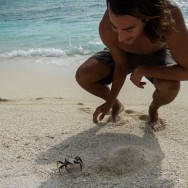
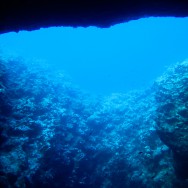
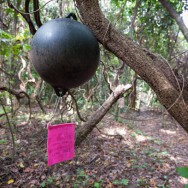
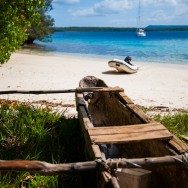
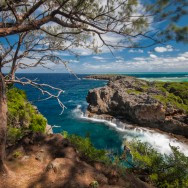
Watching you getting closer to our rendezvous in Fiji’s Savusavu marina and it looks like you’ll pip us to the post! Roll on the 8th and such an incredible special day for Pops and me.xx
always love receiving good news of you reaching the next destination
and then also studying your pictures of faraway places
but what one finds particularly enjoyable is reading your deep intelligent thoughts
thank you